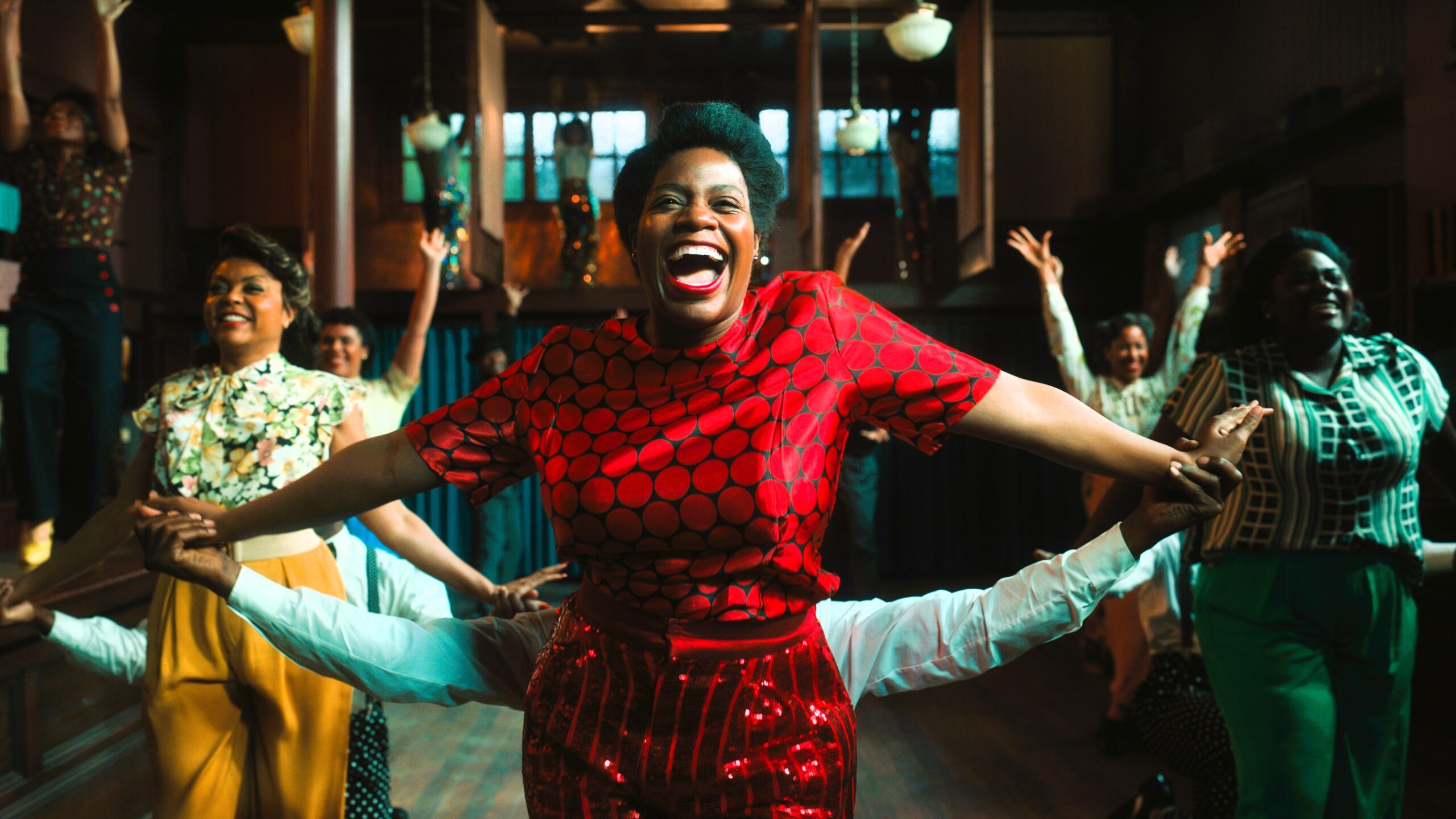SUMMARY
This is AI generated summarization, which may have errors. For context, always refer to the full article.

Trigger warning: This article contains references to sexual violence.
I wasn’t even born yet when the original The Color Purple movie came out. I attempted reading the book back in college before stumbling upon the controversial Steven Spielberg film on cable TV, but I couldn’t finish it at the time because, as a naive student who had just finished reading the entire Twilight series, I found The Color Purple to be more challenging and less engaging compared to fantasizing about being bitten by a hot vampire.
Almost four decades after the release of the first movie, Spielberg and Oprah Winfrey, who portrayed the character Sofia in the 1985 iteration, reunited to produce a musical film that, from a technical standpoint, is more vivid, thanks to modern filmmaking, but paler in terms of storytelling.
The Color Purple is about the struggle for freedom of Celie Harris, a poor, uneducated, and sexually and physically abused girl living in rural Georgia in the early 1900s.
The nature of musical films often lends itself to a more staged feel, which can create tonal inconsistencies, particularly when dealing with dark or serious subject matter. In the 2023 adaptation directed by Blitz Bazawule, some essential story elements are conveyed through musical numbers. While this approach is understandable given the genre, it requires viewers to pay closer attention to fully grasp the narrative flow. This is particularly important for those who haven’t watched the original movie, read the book, or seen the Broadway musical adaptation.
Before you come at me and say, “Why compare a drama to a musical?” keep in mind that the 2023 film version isn’t merely adapting the Broadway production; it’s also based on the same Pulitzer Prize-winning novel by Alice Walker that served as the foundation for the 1985 film.
Celie
In today’s world, Celie embodies freedom — the freedom to love, to express oneself fully, and to embrace both sexuality and spirituality without holding back. Fantasia Barrino’s portrayal of Celie in this adaptation brought a fresh perspective, different from Whoopi Goldberg’s iconic portrayal in the 1985 film. Barrino’s nuanced portrayal added a unique complexity to the character.
Having previously portrayed Celie Johnson in the Broadway musical, Barrino has brought a wealth of experience to the role. Her reprisal of the character in this film showcased her deep understanding of Celie’s journey.
The moment when Celie sings “I’m beautiful / Yes, I’m beautiful / And I’m here” while locking eyes with the camera is incredibly impactful. It’s an invitation to fully grasp the radiance of her inner beauty. Despite often being overlooked, Barrino’s performance shines brightly as one of the most compelling portrayals of 2023.
Sofia
Just like Barrino, Danielle Brooks also reprised her role from the productions of the stage musical, stepping back into the shoes of Sofia for the big screen adaptation with the same passion. While Brooks delivered a solid performance, it felt more expected than exceptional. Given her established acting prowess, there were relatively limited opportunities to elevate Sofia beyond replicating Winfrey’s iconic portrayal from the 1985 film, which, for me, already set the standard for bringing the character to life.
However, the new film offered a unique chance to somewhat enhance Sofia’s character through the song, “Hell No!” Brooks seized this moment by belting out the song with remarkable power and emotion. And the way she effortlessly transitioned from contagious laughter to a raw, emotional moment in that iconic dinner scene? It felt so heartwarmingly authentic.
Shug
In the new film, Taraji P. Henson is Shug Avery, who is pivotal to Celie’s journey. What I appreciated about this adaptation is how it addressed a controversial aspect that was somewhat downplayed in Spielberg’s version: the sexual tension between Shug and Celie. Shug represents a woman who is unapologetically comfortable in her sexuality, and her character remains relevant today, as sexually liberated women continue to face societal stigma and shame from patriarchal norms.
Mister
Colman Domingo is the new Mister, and the film dug deep into his character, making him more human. You know, the whole “hurt people hurt people” thing? Well, the screenplay really played that up. There’s this theme of radical forgiveness that runs through his arc. It’s like the film wanted us to understand him, to see beyond his flaws. The screenplay humanized him to show us there’s more to Mister than just being a villain in Celie’s story.
I generally liked this fresh take on The Color Purple. Even as someone who’s very particular about musical films, I found myself enjoying almost every performance in this movie. This film did not aim to replicate an old classic drama; rather, it fully embraced its identity as a musical, aiming to become a modern classic in its own right. It’s a significant rebirth of a poignant story that continues to resonate deeply to this day. – Rappler.com
Ralph Revelar Sarza is a freelance movie reviewer. He is also employed at the largest entertainment program syndication provider in the Philippines. Follow him @walphs on X and Instagram.
Add a comment
How does this make you feel?
![[Only IN Hollywood] ‘The Color Purple’ Q&A, led by Oprah, was as moving as the stunning film](https://www.rappler.com/tachyon/2023/11/the-color-purple-1.jpg?fit=449%2C449)
![[Only IN Hollywood] Action director Baltasar Kormakur shifts to East-West love story](https://www.rappler.com/tachyon/2024/07/Touch-Koki-and-Palmi-Kormakur-are-among-the-compelling-reasons-to-watch-Baltasar-Kormakurs-Touch.-Focus-Features1-scaled.jpg?resize=257%2C257&crop=853px%2C0px%2C1707px%2C1707px)




There are no comments yet. Add your comment to start the conversation.